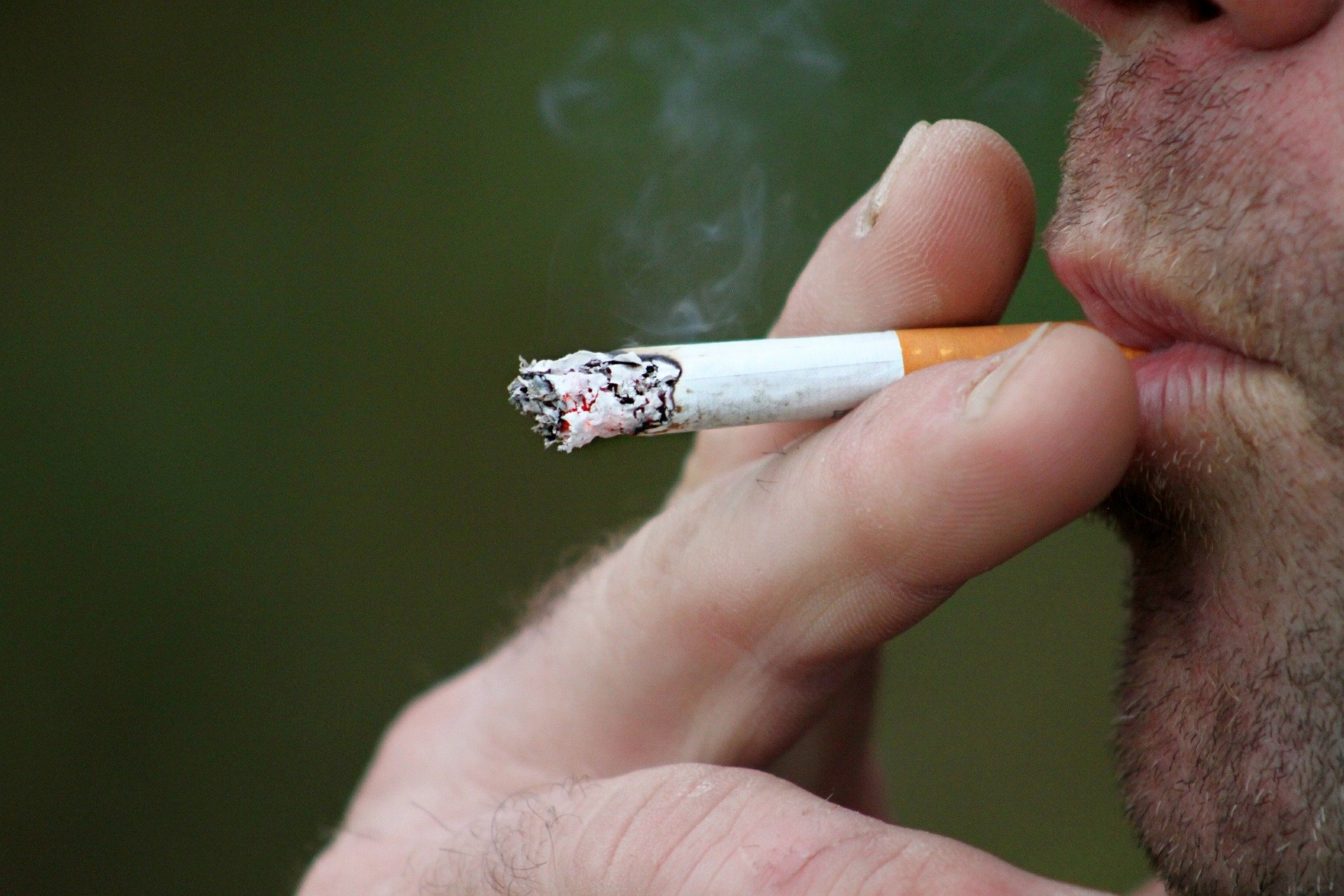Scientists from RMIT university, Australia, have published evidence of a mechanism by which cigarette smoke may increase the likelihood of a stroke and reduces the speed of recovery in the aftermath
By treating immortalised brain blood-vessel cells with cigarette smoke extract, the researchers identified a weakening of the blood brain barrier that would explain the further damage caused in low oxygen conditions such as those occurring during a stroke.
The blood-vessel cells display many of the same characteristics as blood-brain-barrier cells including the production of tight junctions forming proteins and are essential in making the blood-brain barrier impermeable.
Cigarette smoke extract was produced by bubbling the smoke of a lit filtered cigarette through a cell growth liquid so that it was similar to the blood of a frequent smoker.
The cigarette smoke extract contained no tar but was abundant in reactive oxygen species such as hydrogen peroxide and nitric oxide which are known to cause inflammation in the lungs, brain and other major organs.
They can also trigger the production of inflammatory cytokines by initiating the immune response of a cell.
The researchers detected two such cytokines, IL-6 and TGF-β, in the cigarette smoke treated cells, which have previously been identified as potential biological markers of stroke.
The inflammation caused by the cytokines resulted in the malfunction of the cells lining the inside of small blood vessels making them more permeable than normal. This was suggested to be as a result of the cells reducing their production of tight junction forming proteins.
Increased permeability of the blood-brain-barrier results in the ability of blood based immune cells to accumulate in the brain tissues leading to the further production of of inflammatory cytokines and long term damage being caused to the brain.
